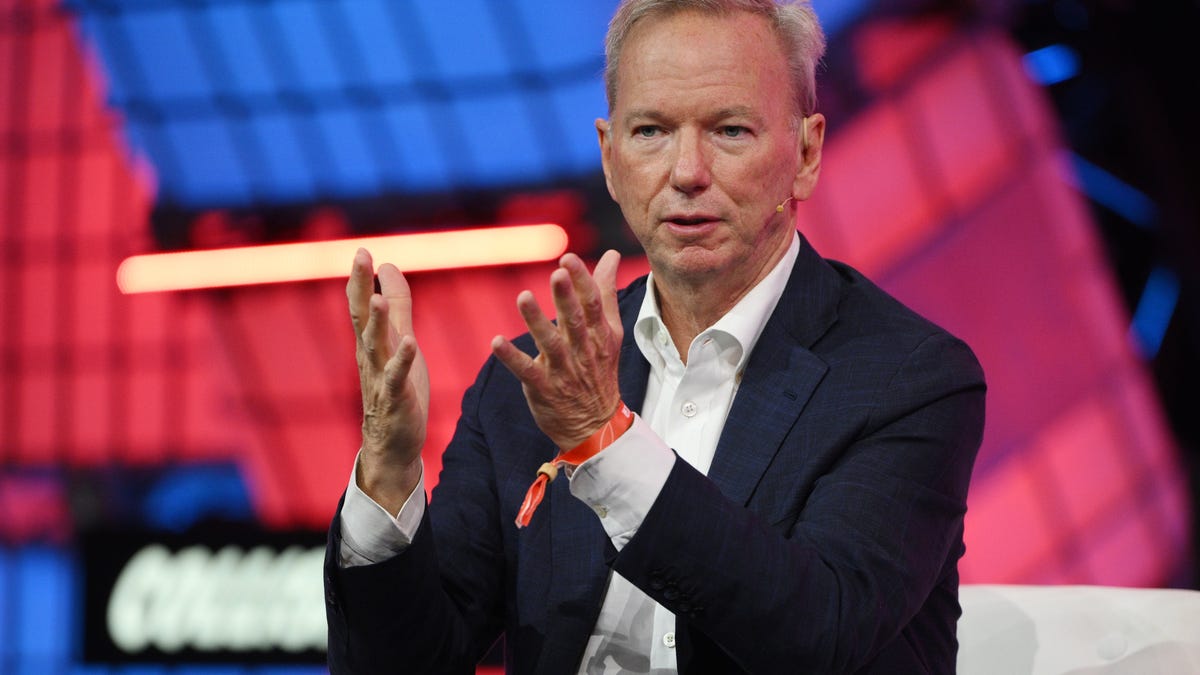In This Story
Former Google (GOOGL) chief Eric Schmidt took back earlier harsh words about how Google’s remote work policy has impacted the company’s innovation in artificial intelligence.
In an email to The Wall Street Journal on Wednesday, Schmidt walked back the comments he made during a talk at Stanford University in July. He had blamed the company’s laggard AI performance on remote work.
“I misspoke about Google and their work hours,” Schmidt said. “I regret my error.”
The original comments, first reported by Fortune, were made in response to a question about why startups like OpenAI are leading in AI innovation. “Google decided that work-life balance and going home early and working from home was more important than winning,” Schmidt said.
“And the reason startups work is because the people work like hell,” he added.
Google adopted stricter policies on remote work last year, requiring in-person employees to track their attendance to ensure they followed the three-days-per-week in-office rule. Managers also factor their absences into performance reviews.
The Alphabet (GOOGL) Workers Union, the union representing employees at Google parent Alphabet, blasted Schmidt’s initial comments in a post on X Wednesday.
“Flexible work arrangements don’t slow down our work,” the union said. “Understaffing, shifting priorities, constant layoffs, stagnant wages and lack of follow-through from management on projects – these factors slow Google workers down every day.”
Schmidt, who served as Google’s CEO for a decade and Alphabet’s board in 2019, isn’t the first executive to rail against remote work. Top brass at companies from Morgan Stanley and Goldman Sachs to Dell, Amazon (AMZN) (AMZN), X and more have taken harsh — sometimes even threatening – stances on remote work.
But the evidence on remote work’s impacts on productivity is mixed: Some studies have found that working from home boosts productivity (as much as 24%), while others say the opposite.
—Laura Bratton contributed to this article.

